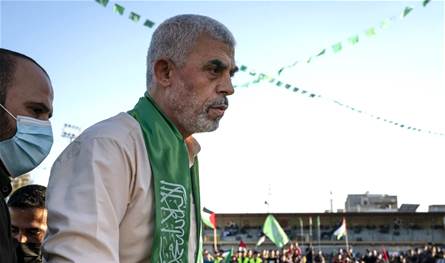
The report said that “Hamas was able, until the last day of the war, to maintain its organizational structure and political leadership in the Gaza Strip,” noting that the movement’s members “steadfasted,” as none of them defected or attempted to establish a competing organization or independently negotiate surrender or sell Israeli prisoners for money, which indicates the solidity of Hamas’ organizational structure and its ability to survive despite the siege and destruction.
He stressed that the Hamas movement will remain an influential actor in the future of the Gaza Strip, noting that the threats it faces from pro-Israel militias inside Gaza are minimal, and that these groups are likely to disappear once the Israeli army stops protecting them.
The report also said that Hamas emerged from the war with two major achievements, the first of which was to return the Palestinian issue to the top of the international agenda after Netanyahu sought throughout his term as prime minister to obliterate it through normalization with Arab countries, politically marginalizing the Palestinians, and working to divide and isolate them internationally.
In this regard, the report praised Yahya Sinwar’s deep understanding of the international scene. While Netanyahu insisted that “the establishment of a Palestinian state is a reward for terrorism,” the former Hamas leader was able from the beginning to read the Western mood and understand the international scene better.
The writer believes that Hamas’s expected success in releasing Palestinian prisoners is a dangerous message to every resistor: “Attack, and even if 100 life sentences are issued against you, we will get you out.”
Through the October 7, 2023 attack and its consequences, Sinwar succeeded in conveying the suffering of Gaza to millions around the world, and he was able to win entire peoples to the side of the Palestinians, which brought the issue of establishing an independent Palestinian state back to the forefront of political initiatives, according to the analysis.

















